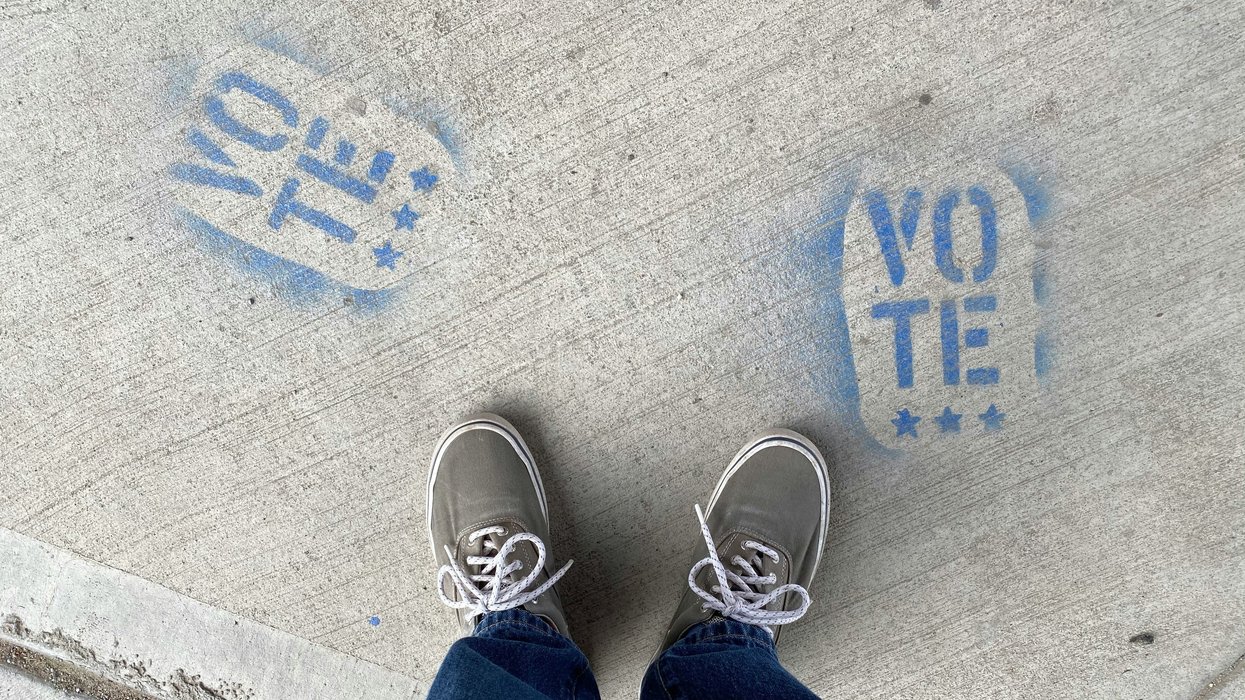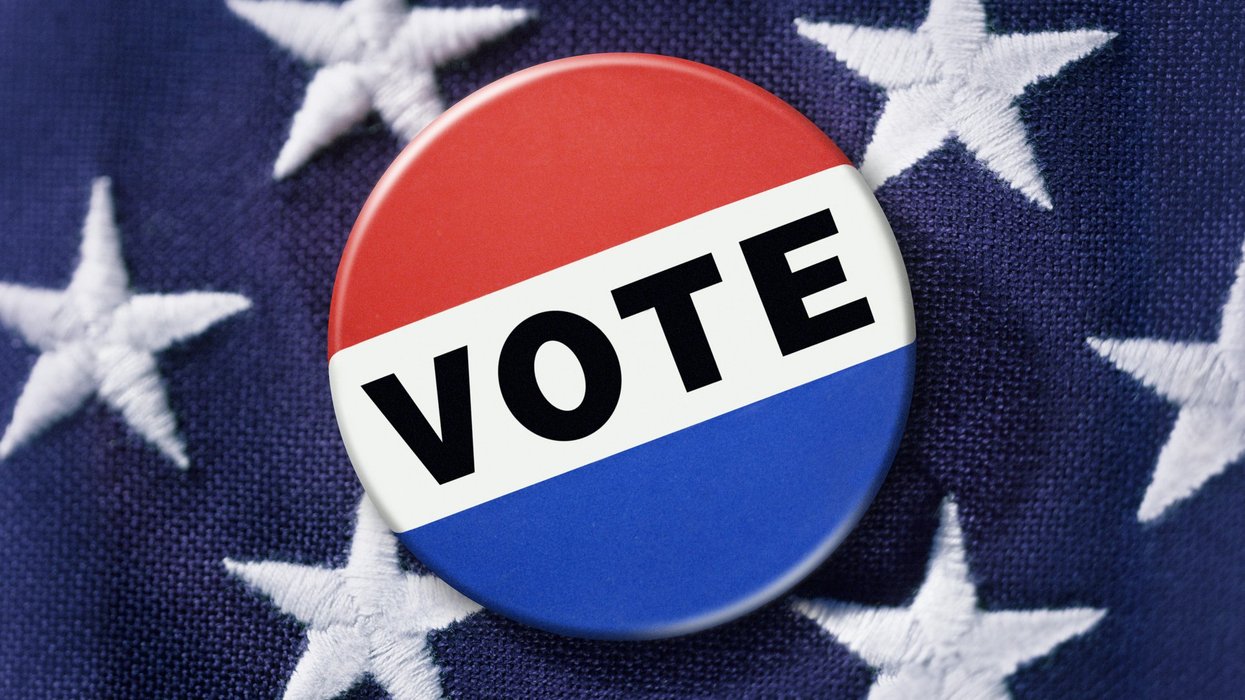Time to redraw all the country's legislative maps would be shortened if the census gets slowed down because of the coronavirus. But it's unclear how many significant problems that would create — and whether Congress will approve the Trump administration's request for a delay.
The Census Bureau on Monday proposed postponing all its major deadlines by 120 days, starting with the time for trying to count everyone in the country during the pandemic, producing a cascading effect on the entire redistricting timetable.
Such a four-month extension would mean the states would not know until the end of next April how many U.S. House districts they will have for the next decade and would not get the detailed population information required for congressional, legislative and local government mapmaking until the end of July.
This would have the most immediately problematic impact on the only two states slated to hold legislative elections in November 2021 using new maps: Virginia, where voters this fall will decide whether to turn the line drawing over to an independent commission, and New Jersey, where the process is already in the hands of a special panel outside the control of either party.
Neither state is projected to see the size of its congressional delegation change, but the delay could nonetheless upend efforts at good governance in both — and in states around the country, where almost all the rules are designed for redistricting to happen in the first half of next year.
Sign up for The Fulcrum newsletter
Both New Jersey and Virginia hold their primaries in June, for example, and it would be impossible to keep to such a timetable without retaining the maps currently in use.
But that could inappropriately preserve political power in places that have lost people in the past decade while denying clout to neighborhoods that have grown. It could also cost the taxpayers if, to correct those inequities, all 120 legislators in New Jersey and the 100 Virginia House members are compelled to run again in special elections under the new maps in 2022.
Such complexities would spread across the country soon enough.
The Texas Legislature, for example, would have to convene a special session in the summer to draw a new congressional map that will probably include 39 instead of 36 districts — and be even more intensely fought-over than usual if Austin, as seems likely, become less monolithically Republican after this election than at any time since the early 1990s.
But the Texas Constitution says the maps for state legislative districts are to be remade at the "first regular session after the publication of each United States decennial census," which will end in May, so it's not at all clear how the Trump administration's proposed timetable would square with that requirement.
It's largely up to census officials to decide when to end efforts at an accurate count of who is living in the country and where. In-person work was called off in March and has now been put on hold until the end of May to comply with social distancing guidelines.
But it is not immediately clear if Congress will agree to delay announcement of the reapportioned congressional seats and the delivery of the neighborhood-level head counts to the states — figures that will determine not only the distribution of political power throughout the 2020s but also the allocation of billions of dollars in federal funding.
The most influential voice on the census at the Capitol, Chairwoman Carolyn Maloney of the House Oversight and Reform Committee, said the panel "will carefully examine the administration's request, but we need more information that the administration has been unwilling to provide."
The New York Democrat was referring to the unwillingness of Census Bureau Director Steven Dillingham to answer congressional questions about how the census was faring during the Covid-19 outbreak.
Only 70 million households have participated in the constitutionally mandated count so far, about half the number the government expected would respond by this point.
"How can you possibly be knocking on doors for a long period of time now?" President Trump said at his daily news briefing Monday, where he said a 120-day delay in such field work might not be "nearly enough" and wondered aloud if congressional approval is needed to change the deadlines.
The Constitution says Congress decides how the census is conducted.
The administration's proposal won a rare endorsement from the Leadership Conference on Civil and Human Rights, which opposes Trump on almost every front but is an ardent promoter of census participation in the count. "We cannot afford to compromise the health of our communities or the fairness and accuracy of the census," said the group's president, Vanita Gupta.





















